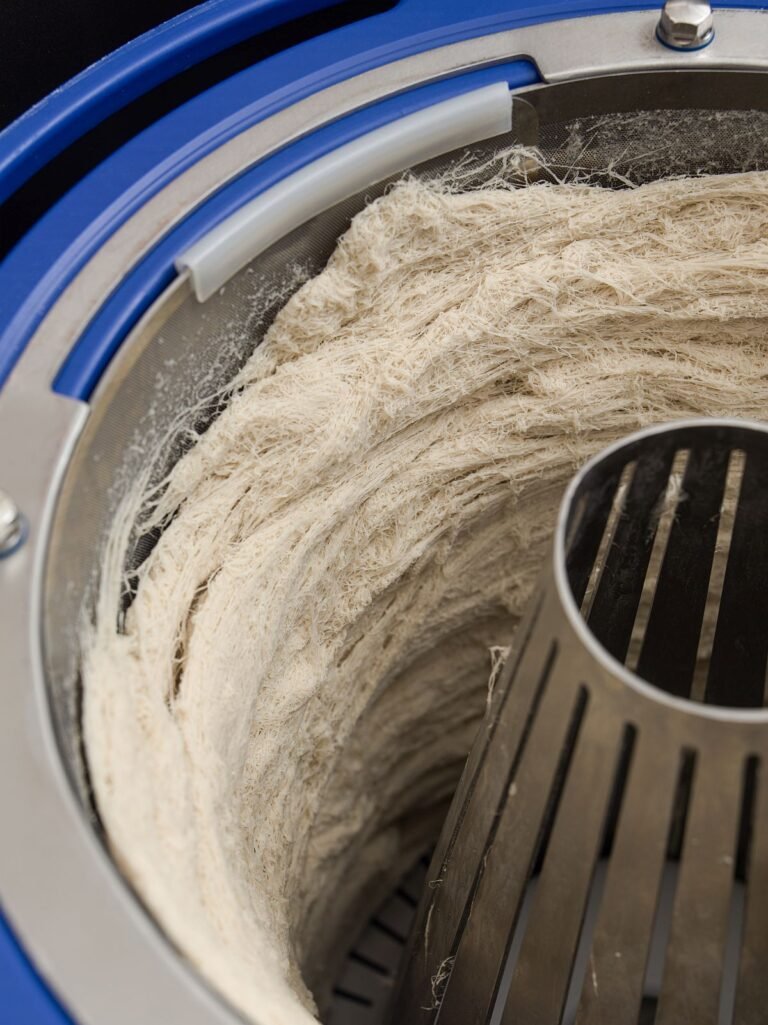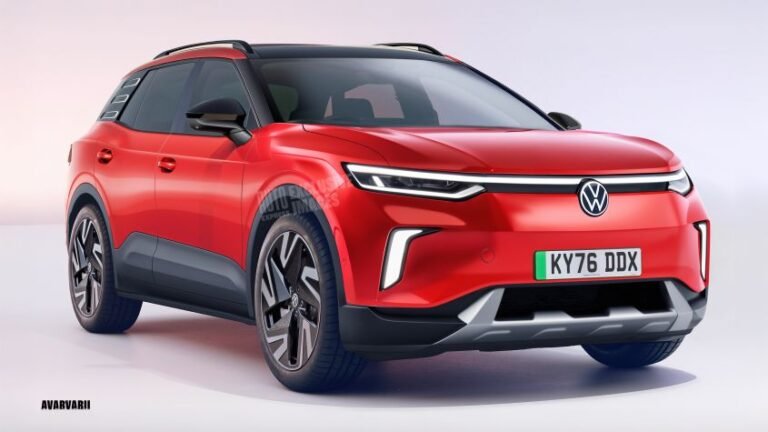The legal battle over access to Epogee’s fat substitute EPG intensified this week as David Protein filed new court papers rejecting claims it is monopolizing the ingredient.
The dispute began after David Protein acquired Epogee on May 29, prompting three firms that could no longer access EPG to file a lawsuit accusing David of excluding competitors and creating an artificial monopoly.
Several other small companies have since supplied signed sworn statements outlining the harm they also claim to have suffered after losing access to EPG in recent weeks.
David Protein, however, says it is under no obligation to keep selling EPG to firms that have not signed long-term supply contracts and says formulators can choose from an “abundance” of fats and fat substitutes with which to replace EPG.
The plaintiffs, meanwhile, point out that David made no offers of long-term supply or requests to negotiate volume commitments and said that their products and production processes were designed “entirely” around EPG’s unique properties.
While the judge handling the case appeared to side with David on some of these points in an early ruling, the plaintiffs—OWN Your Hunger, Lighten Up Foods, and Defiant Foods—have since filed two amended complaints honing their arguments.
Critically, they argue, the relevant market David is attempting to monopolize is not the protein bar market or the low-calorie foods market, but the “global market for EPG supply.” Meanwhile, EPG—a modified fat containing just 0.7 cals/gram—cannot be easily replaced in brands that have been entirely built around it, they claim.
‘It’s just a case of bad business planning’
In its latest filing, David Protein says the fact that Epogee previously sold EPG to plaintiffs does not mean that it is “obliged to continue to do so indefinitely.”
It adds: “The fundamental problem with plaintiffs’ claims is that they are trying to dress up as an antitrust monopolization suit what is actually just a case of bad business planning—failing to secure long term supply contracts for an ingredient that plaintiffs now say is important to their food businesses.”
That aside, Epogee has four patents that cover the process for making EPG, says David Protein. “It is black letter law that patent holders are not obligated to sell their product to third parties or to license third parties to practice the patent.
“Plaintiffs’ commercial choice to use EPG instead of substitutable alternatives does not mean that Epogee can be compelled to sell EPG to the plaintiffs or any other prospective buyer. As patent owners, defendants are free to choose to sell EPG only to non-competitors, or to refuse to sell EPG at all.”
*The case is OWN Your Hunger, Lighten Up Foods, and Defiant Foods vs Linus Technology (which operates under the trade name David Protein), Epogee, and Peter Rahal, filed in the Southern District of New York on June 2, 2025. Case: 1:25-cv-04544
The post David Protein: We’re under no obligation to sell EPG to others ‘indefinitely’ appeared first on AgFunderNews.




